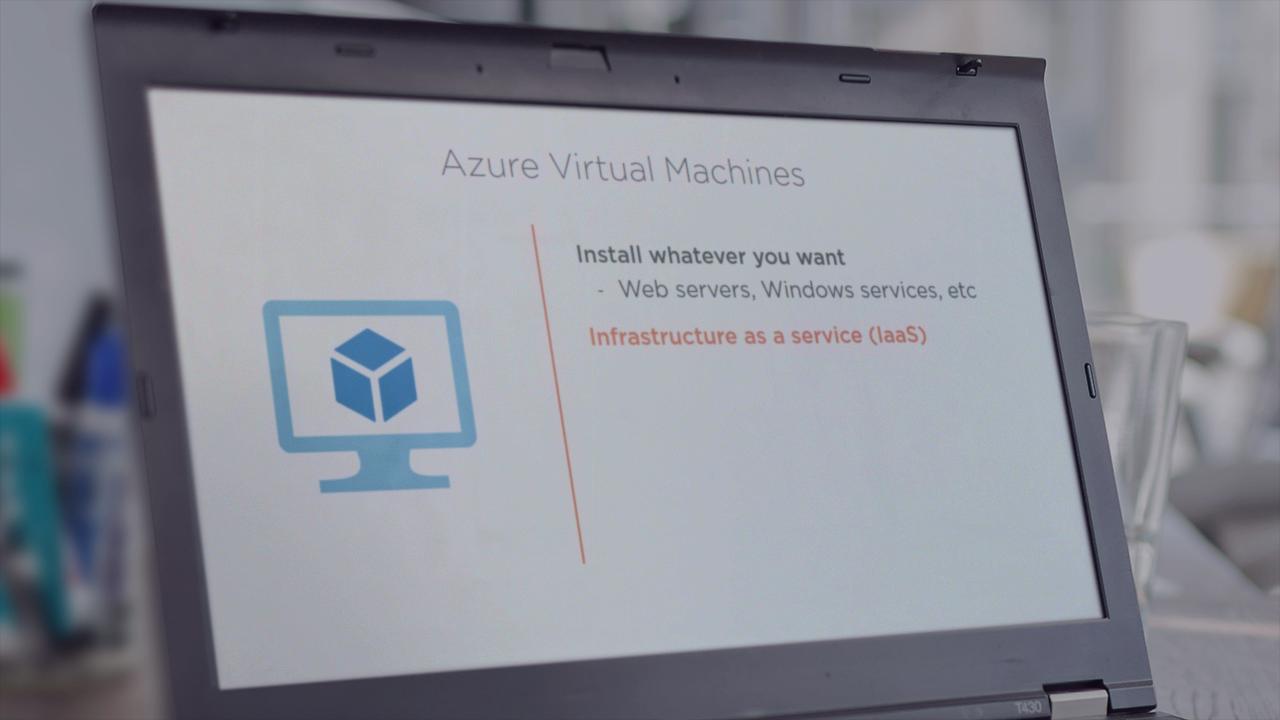- Course
Azure Functions Fundamentals
Discover how Azure Functions allows you to easily write serverless code in your language of preference to handle events at scale, with minimal overhead and cost.

- Course
Azure Functions Fundamentals
Discover how Azure Functions allows you to easily write serverless code in your language of preference to handle events at scale, with minimal overhead and cost.
Get started today
Access this course and other top-rated tech content with one of our business plans.
Try this course for free
Access this course and other top-rated tech content with one of our individual plans.
This course is included in the libraries shown below:
- Cloud
What you'll learn
Azure Functions enables you to write serverless code to handle events at scale, with minimal overhead and cost. In this course, Azure Functions Fundamentals, you'll learn what Azure Functions is intended for, why you might want to use it, and you're going to see loads of demos of how simple it is to create your own functions. First, you'll learn how to work with both C# and JavaScript functions. Next, you'll use many different triggers and binding types supported by Azure functions including monitoring queues. Then, you'll explore how to work with blob storage, sending emails, and how to develop in Visual Studio or from the command line with a text editor, if you prefer. Finally, you'll discover how to automate deployments, as well as how to debug and monitor our functions. By the end of this course, you'll be ready to create, deploy, and manage your own Azure Functions applications.
Azure Functions Fundamentals
-
Version Check | 20s
-
Course Introduction | 2m 9s
-
Introducing Azure Functions | 2m 19s
-
Running Code in Azure | 3m 41s
-
What's Different About Azure Functions? | 2m 3s
-
Azure Functions Pricing | 3m 44s
-
Benefits of Azure Functions | 1m 58s
-
Introducing Serverless Architecture | 2m 20s
-
Serverless - A Real-world Example | 3m 43s
-
What Are Azure Functions Good For? | 2m 42s
-
Module Summary | 1m 33s

